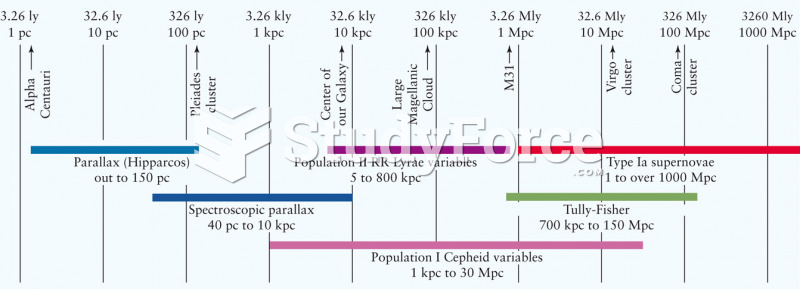Answer to Question 1
There are many resources available but the Renal Food Lists developed through the Renal Dietitians dietetic practice group and the National Renal Diet are appropriate for her.
She has previously been taught using the ADA exchanges.
The renal food lists are similar and will be easy for her to understand.
Strategies from Motivational Interviewing (MI), the Transtheoretical Theory (stages of change), and the Health Belief Model would be essential for Mrs. Joaquin. This is because she lacks concern/dedication/interest in regards to behavior/lifestyle/dietary change.
- MI - allowing Mrs. Joaquin to direct the counseling session and providing her with authority to make decisions should improve her buy-in or adherence to nutrition therapy
- Stages of Change - acknowledging that she is in the pre-contemplation stage will allow you to encourage her re-evaluation of her behavior and consider the risks
- Health Belief Model- explaining to Mrs. Joaquin the risks of noncompliance with her nutrition therapy may sway her into considering it important; helping guide her through ways to incorporate her renal/diabetic diet may pave the way for her (reduce her perception of barriers/improve self-efficacy)
Providing Mrs. Joaquin with skills of self-monitoring and problem solving may help with T2DM and renal diet due to extreme difficulty to comply with.
Answer to Question 2
Most patients lose about 30-35 of weight in 1-2 years.
Successful maintenance of weight loss is achieved by about 60 of patients who undergo bariatric surgery.
Dramatic improvements in diabetes, sleep apnea, hypertensions, and CVD risk (up to 80 with diabetes experience its resolution).
RYGB surgery has demonstrated a 40 reduction in mortality.
Patient willingness and motivation to adhere to lifestyle changes help with weight loss and maintaining weight loss.
Willingness to incorporate exercise and maintain exercise routine.
Weight loss prior to surgery shows a commitment to lifestyle change.







